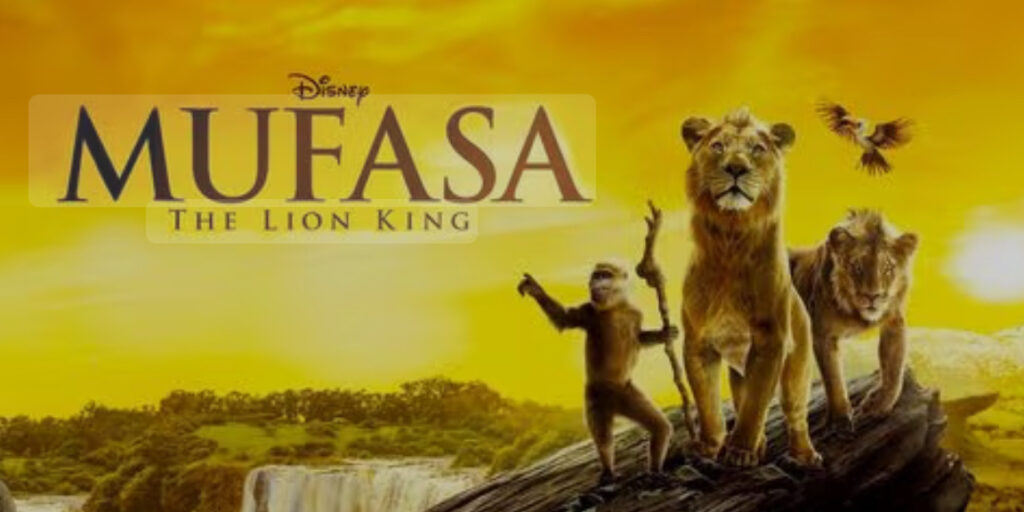Mufasa: The Lion King explores the origin story of one of Disney’s most beloved characters, Mufasa. Directed by Barry Jenkins, it aims to bring depth to the iconic lion’s journey from a cub to the wise and courageous king of the Pride Lands. While the idea of diving into Mufasa’s past holds potential, the execution falls short in several ways.
The animation style remains a major point of contention. Like its predecessor, The Lion King (2019), the photorealistic animation, though visually stunning, struggles to convey the emotional depth required for such a heartfelt story. Critics have pointed out that the characters appear emotionless, which diminishes the impact of key moments. This lack of emotional connection makes it harder for audiences to engage fully with Mufasa’s journey.
On the positive side, the film attempts to capture the themes of resilience, loss, and destiny that made the original The Lion King so powerful. Jenkins, known for emotionally rich films like Moonlight, brings moments of beauty and reflection, but these are overshadowed by the movie’s overall lack of soul. While the film is ambitious, it feels more like a corporate product than a heartfelt addition to the franchise.
For families or fans of the Lion King universe, Mufasa may still offer some enjoyment, particularly for children who are less critical of the storytelling and animation style. However, for those seeking the emotional impact and magic of the 1994 original, this film may disappoint.
Should You Watch It?
If you’re a die-hard fan of The Lion King franchise, Mufasa might be worth watching for the lore and beautiful visuals. However, casual viewers or those expecting a story as moving as the original may want to skip it or wait for streaming. It’s a decent holiday watch for families, but don’t expect it to match the emotional brilliance of its predecessor.

